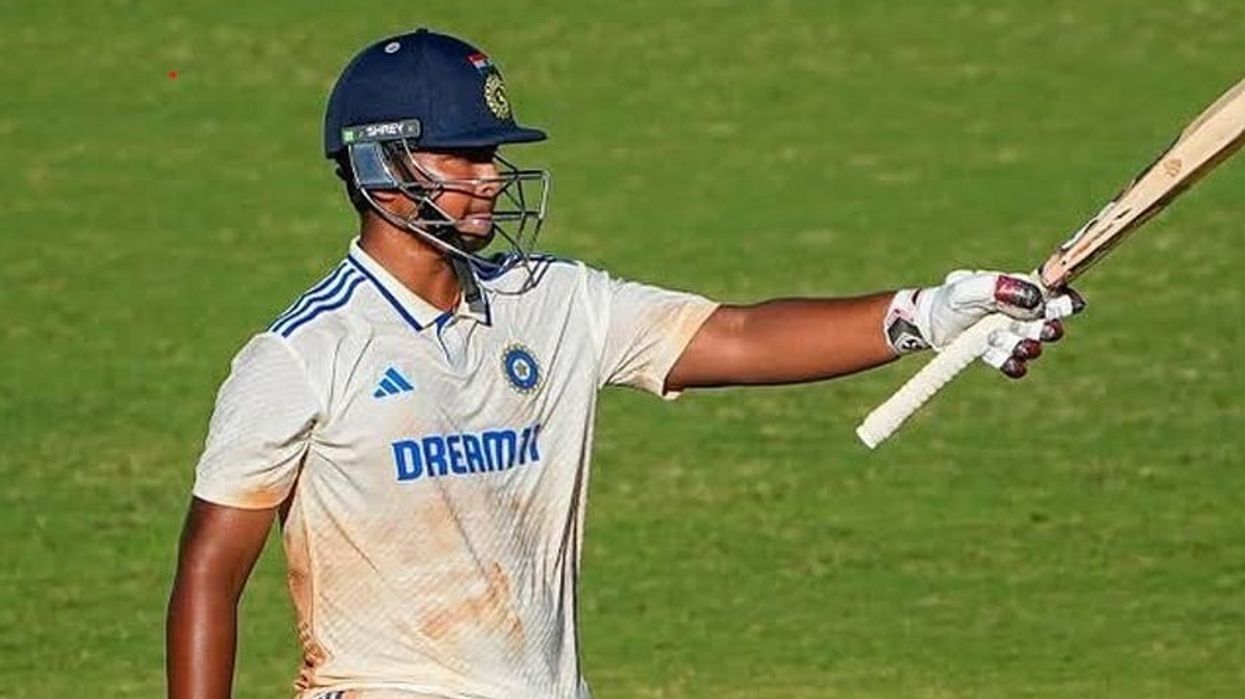THIRTEEN-year-old Vaibhav Suryavanshi became the youngest player ever sold in an IPL auction on Monday, overshadowing big-ticket signings like veteran pacers Bhuvneshwar Kumar and Deepak Chahar.
Suryavanshi, a left-handed batter and spinner from Bihar, was purchased by Rajasthan Royals for £103,571 during the second and final day of the auction held in Jeddah. He entered the auction with a base price of £28,254 and was among several players competing for contracts ahead of the 18th IPL season.
While Suryavanshi grabbed attention with his signing, some major names like Australia's David Warner and England's Jonny Bairstow went unsold. James Anderson, the 42-year-old retired England pacer, also did not secure a team after registering at a base price of £117,544.
Suryavanshi made his Ranji Trophy debut at the age of 12 in January and was recently part of India’s Under-19 squad in a series against Australia. He also scored a triple century in an under-19 ODI tournament in Bihar.
Earlier in the day, Royal Challengers Bengaluru secured Bhuvneshwar Kumar for £1.01 million, while Deepak Chahar was picked up by Mumbai Indians for £865,079.
On the auction’s first day, Rishabh Pant became the highest bid player when Lucknow Super Giants bought him for £2.54 million. Punjab Kings signed Shreyas Iyer for £2.52 million, and Indian all-rounder Venkatesh Iyer went to Kolkata Knight Riders for £2.23 million after a bidding war with Bengaluru.
Indian pacers lead day two
Day two began with several players remaining unsold before South African pacer Marco Jansen was signed by Punjab Kings for £658,730.
The spotlight then shifted to Indian pacers. Mukesh Kumar was acquired by Delhi Capitals for £747,619, and Akash Deep went to Lucknow Super Giants for the same price. Mumbai Indians made big moves, securing Chahar and later signing 18-year-old Afghan spinner Allah Ghazanfar for £451,587.
Mumbai owner Akash Ambani said the team is now ready. “We have got our playing XII. It’s locked in now,” he said.
The franchise also purchased England all-rounder Will Jacks for £494,325 and uncapped Indian batter Priyansh Arya for £357,007. Arya recently hit six sixes in an over during a Delhi Premier League match.
The IPL is a significant revenue source for Indian cricket, contributing more than £8.73 billion annually to the economy. While the next season’s dates are yet to be announced, IPL tournaments typically run from March to May.
(With inputs from AFP)




